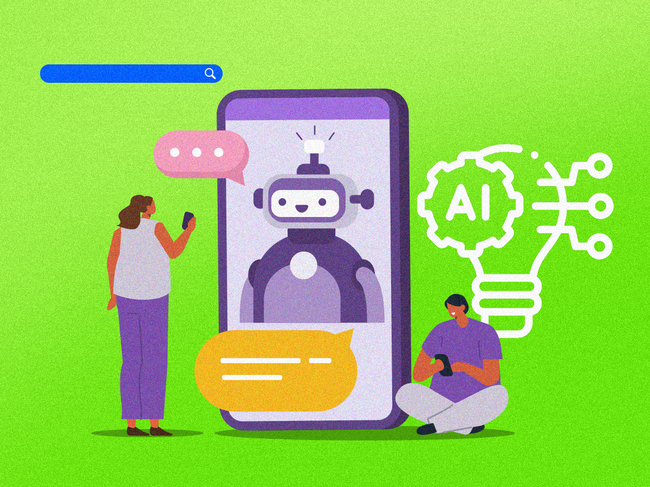Agent Cody Banks on AI: how businesses are optimising workflows with AI agents
Productivity, efficiency cost saving
Pune-based E42.ai reported its multifunctional ‘AI workers’ have automated over 200 processes, saved 200,000 man-hours, and resolved 3 million queries. For instance, its accounts payable AI executive, Neil, processed 10 million invoices from various channels like chat, vendor portals, and emails in 13 languages without human intervention. Similarly, its AI IT Ops Manager, Walter, autonomously resolves IT help desk queries, according to the company.
“These agents excel at processing and analysing massive datasets at unprecedented speeds, uncovering valuable insights that would be time-consuming or impossible for humans to find,” said Sanjeev Menon, cofounder and head of product & tech at E42.ai.
Ramprakash Ramamoorthy, director of AI research at Manage Engine, the enterprise IT software solutions division of Zoho Corp said that businesses are likely to begin deploying agents starting 2025.
For instance, for an IT monitoring system, an LLM can provide a summary of the failures logged but cannot pinpoint the exact number of failures in a given timeframe. “But you add an agent there - now the agent can just do a count query on a search API and give you the deterministic answer from the logs along with the descriptive answer from the LLM,” he explained.
Another Virginia-based startup, Supervity. ai, which serves clients like Daikin, Mondelez, and Ultratech, believes GenAI is a force multiplier, reducing its time-to-market significantly. Cofounder Vijay Navaluri explained that the multimodal capabilities of GenAI are unlocking new use cases that were not possible using traditionally siloed automation technologies.
“The biggest challenges for CXOs are enhancing revenue, reducing costs, managing risk, and improving customer experience,” said Paramdeep Singh, cofounder of Shorthills AI. “The answer to all these challenges is potentially found in the data lake of large enterprise customers. Shorthills AI utilises LLM Agents on top of these data lakes.”
The company has built AI agents to create a SaaS tool in the legal domain that understands and codifies Acts, old judgments, rulings, and legal cases. These agents have reasoning capabilities and can argue for and against cases, providing the probability of the most likely outcome, Singh explained.
But, there are hurdles
While there’s a huge potential for AI agents to enhance productivity, save costs and automate mundane tasks, the process of building and deploying these agents is fraught with challenges. Most critical of those is data scarcity and data quality. In many areas, the amount of data needed to train AI systems is scarce. Companies in healthcare and banking also refrain from training AI with sensitive customer data due to privacy concerns.
Greater autonomy to AI agents could also mean them executing incorrect actions, for instance, meddling with health data to give improper prescriptions, or taking biased actions while processing insurance claims. Sometimes, AI systems trained on past data can fail to make future predictions, in areas like making stock investment recommendations. It is also difficult to integrate agents with legacy IT applications of enterprises. For instance, integrating a new AI-based recommendation engine with an old ecommerce platform might require significant changes to the platform’s API




Comments
Post a Comment